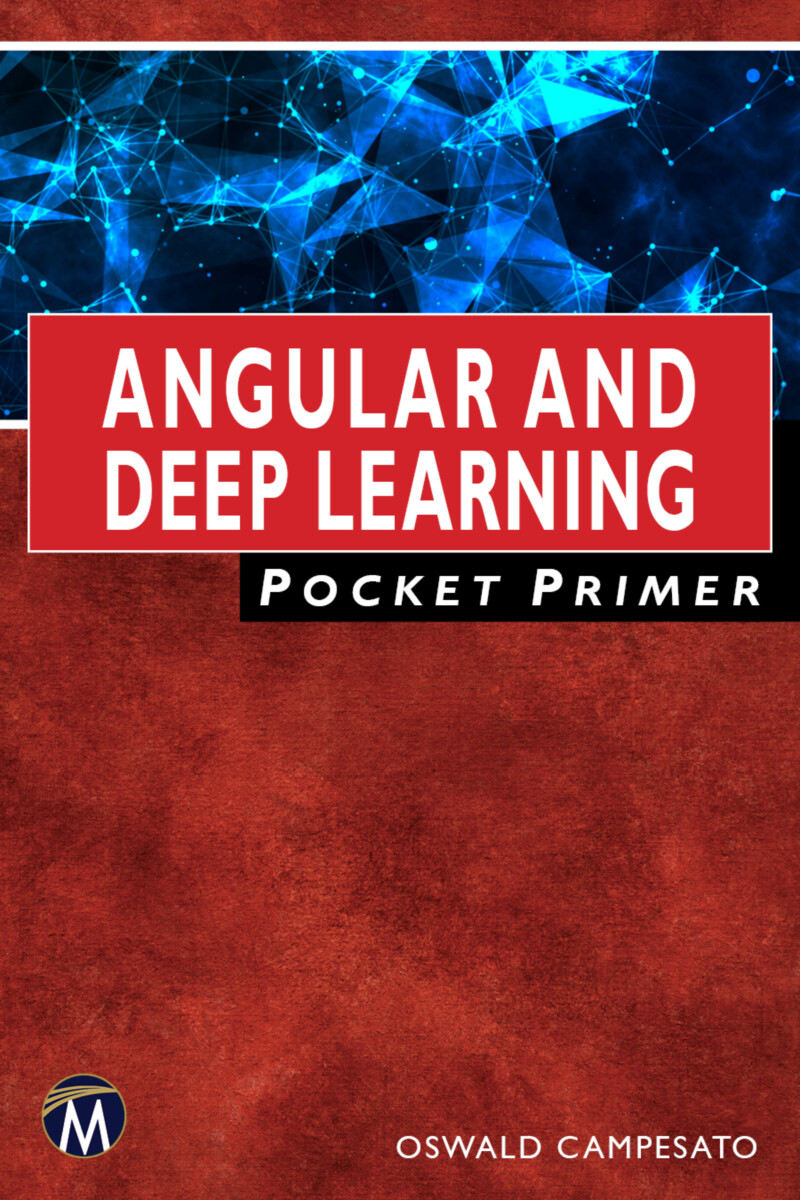- Publisher
Mercury Learning and Information - Published
16th November 2020 - ISBN 9781683924739
- Language English
- Pages 342 pp.
- Size 6" x 9"
Library E-Books
We are signed up with aggregators who resell networkable e-book editions of our titles to academic libraries. These editions, priced at par with simultaneous hardcover editions of our titles, are not available direct from Stylus.
These aggregators offer a variety of plans to libraries, such as simultaneous access by multiple library patrons, and access to portions of titles at a fraction of list price under what is commonly referred to as a "patron-driven demand" model.
- Publisher
Mercury Learning and Information - Published
13th October 2020 - ISBN 9781683924715
- Language English
- Pages 342 pp.
- Size 6" x 9"
E-books are now distributed via VitalSource
VitalSource offer a more seamless way to access the ebook, and add some great new features including text-to-voice. You own your ebook for life, it is simply hosted on the vendor website, working much like Kindle and Nook. Click here to see more detailed information on this process.
- Publisher
Mercury Learning and Information - Published
13th October 2020 - ISBN 9781683924722
- Language English
- Pages 342 pp.
- Size 6" x 9"
As part of the best-selling Pocket Primer series, this book is designed to introduce the reader to basic deep learning concepts and incorporate that knowledge into Angular 10 applications. It is intended to be a fast-paced introduction to some basic features of deep learning and an overview of several popular deep learning classifiers. The book includes code samples and numerous figures and covers topics such as Angular 10 functionality, basic deep learning concepts, classification algorithms, TensorFlow, and Keras. Companion files with code and color figures are included.
FEATURES:
- Introduces basic deep learning concepts and Angular 10 applications
- Covers MLPs (MultiLayer Perceptrons) and CNNs (Convolutional Neural Networks), RNNs (Recurrent Neural Networks), LSTMs (Long Short-Term Memory), GRUs (Gated Recurrent Units), autoencoders, and GANs (Generative Adversarial Networks)
- Introduces TensorFlow 2 and Keras
- Includes companion files with source code and 4-color figures.
"Adding to the Pocket Primer series is a fine introduction to basic deep learning approaches to Angular 10 applications, offering computer users a fast way to applying knowledge to real-world activities. Computer users should expect discussions of basic deep learning concepts, accompanied by algorithms and code files that demonstrate how these concepts work in the Angular 10 environment. Chapters cover TensorFlow 2 and Keras as they examine subjects such as pipes and UI controls, data binding models, architectures for deep learning, and creating histograms, heat maps, and more. Those seeking a quick learning approach to Angular and the deep learning environment will find this pocket primer's examples and references lend nicely to refresher courses and new introductions alike."
Bookwatch
1: Quick Introduction to Angular
2: UI Controls, User Input, and Pipes
3: Forms and Services
4: Deep Learning Introduction
5: Deep Learning: RNNs and LSTMs
6: Angular and TensorFlow.js
Appendices:
A. Introduction to Keras
B. Introduction to TensorFlow 2
C. TensorFlow 2 Datasets
Index
Oswald Campesato
Oswald Campesato specializes in Deep Learning, Python, Data Science, and generative AI. He is the author/co-author of over forty-five books including Google Gemini for Python, Large Language Models, and GPT-4 for Developers (all Mercury Learning).


